Stick to Science say researchers as Horizon Europe stalls over Brexit politics

Research and Innovation community urges European leaders to take action on Horizon Europe.
A new campaign, launched today [8 February 2022], asks EU leaders to place science collaboration before politics, as the UK’s and Switzerland’s participation in the EU’s world-leading research and innovation programme Horizon Europe hangs in the balance.
Call for open collaboration
The campaign, ‘Stick to Science’, calls for an open and collaborative research and innovation landscape in Europe that is free from political barriers.
The entire European scientific community is invited to sign this initiative as of 8 February.
It comes as the UK’s and Switzerland’s participation in the EU’s research and innovation programme continues to be stalled by politics. The UK’s final association to Horizon Europe, the EU’s €95.5 billion (CHF 99.1 bn, £79.4 bn) research and innovation programme, remains tangled up in post-Brexit trade arrangements, while Switzerland also remains locked out of parts of the programme, pending government talks. In both cases, the EU is putting political disputes ahead of science collaboration.
Europe is missing out on scientific opportunities
Switzerland and the UK are two long-standing and academically important partners in the European research and innovation landscape. The current situation means that the work of some of the best minds in Europe’s science
and excellent research infrastructures are missing out on the additional scientific knowledge and resources of UK and Swiss institutions. These circumstances prevent Europe’s top scientists from working together to tackle global challenges such as climate change, pandemics, and food security.
Funding resources
UK and Switzerland, if to be associated, are estimated to add another €18 billion (CHF 18.7 bn, £15 bn) to the Horizon Europe budget of €95.5 billion (CHF 99.1 bn, £79.4 bn) representing a top-up of 18%, and allowing greater collaborative resources for Europe to be put into world-leading research projects.
Support from top scientists
Among the first supporters of the campaign from across the European research and innovation community are Nobel Prize winners, Fields medalists, entrepreneurs and innovators, research funding/performing bodies and umbrella organisations, heads of higher education institutions and research institutes, in total comprising over 200 individuals from the whole Europe who have pledged support for the campaign so far.
Hampering science collaboration across borders risks a long-lasting effect on European society, warn the campaign’s supporters.
Sector response
Vivienne Stern MBE, Director, Universities UK International, an organisation representing over 140 UK universities:
“In the UK we feel that we are running out of time to finalise association to
Horizon Europe. Throughout the Brexit process we, and colleagues from all
over Europe, argued that it was in our common interest to be part of this
programme. It was agreed by the UK and EU as part of the Trade and
Co-operation agreement – but the process is now stalled. We simply want all
sides to get on with it and speed up association for the UK, and for
Switzerland, and not to allow other issues to stand in the way of that.
UUKi is a founding partner of the ‘Stick to Science’ campaign because we
believe that we need collaborative science to address global challenges. We
stand alongside colleagues across the European research community in
urging our governments and the European Commission to allow Europe’s
scientists to work together for the benefit of us all.”
Martin Vetterli, EPFL President, said:
“I’m pleased that so many scientists and others working in science, research
and innovation are backing the ‘Stick to Science’ initiative and stating the
crucial importance of comprehensive agreements involving Switzerland and
the UK. And that other voices, including from the business community, are
now also emphasizing the need to transcend borders and work together.”
Martin Vetterli, président de l’EPFL
“Je me réjouis qu’autant de scientifiques et d’acteurs de la science, de la
recherche et de l’innovation s’engagent pour l’initiative « Stick to Science » et
disent l’importance cruciale d’accords complets avec la Suisse et le
Royaume-Uni. Et que désormais d’autres voix, des industriels notamment,
soulignent aussi ce besoin de travailler ensemble au-delà des frontières.”
Jeremy Farrar, Director of Wellcome:
“Research is intrinsic to the fabric of society. As we have seen through the
pandemic, its wide-ranging impact extends far beyond health – shaping
livelihoods and economies. Shrinking the membership of Horizon Europe
would be a backwards step, not only endangering scientific and health
advances but also damaging the economic benefits all nations gain from
cross-border cooperation. The greatest advances are underpinned by shared
knowledge. We have to work together if we want the strongest shared future.”
Michael Hengartner, President ETH Board
“Switzerland has a long tradition of collaboration with all countries in the
European Research Area, and has done so for many years. Scientific
cooperation undoubtedly benefits all partners, including the European Union,
and the EU will be stronger if countries within and outside the EU collaborate
intensively. Excluding Switzerland and the UK from Horizon Europe is a
political decision that creates collateral damage for both our countries and the
EU. It is therefore an excellent signal that so many actors in the world of
research and innovation from all over the continent are committed to the Stick
to Science initiative and are calling on politicians to act. Science can build
bridges to find solutions to challenges that affect us all, such as climate
change and public health. Scientific collaboration, based on shared values, is
our common key to building a future together and to strengthening Europe’s
competitiveness. I call on the entire scientific community to join this action and
sign the initiative at www.stick-to-science.eu.”
Michael Hengartner, Président du Conseil de EPF
“La Suisse a une longue tradition de collaboration avec tous les pays de
l’Espace européen de la recherche, depuis de nombreuses années. La
coopération scientifique profite indiscutablement à tous les partenaires, y
compris à l’Union européenne, et celle-ci sera plus forte si les pays en son
sein et en dehors collaborent de manière intensive. Exclure la Suisse et le
Royaume-Uni d’Horizon Europe est une décision politique qui crée des
dommages collatéraux autant pour nos deux pays que pour l’UE. C’est donc
un excellent signal si autant d’acteurs du monde de la recherche et de
l’innovation, provenant des quatre coins du continent, s’engagent pour
l’initiative Stick to Science et appellent les politiques à agir. La science permet
de jeter des ponts afin de trouver des solutions qui répondent aux défis qui
nous touchent tous, comme le changement climatique et la santé publique. La
collaboration scientifique, basée sur des valeurs partagées, est notre clé
commune pour construire un avenir ensemble et pour renforcer la
compétitivité de l’Europe. J’appelle toute la communauté scientifique à
participer à cette action et à signer l’initiative sous www.stick-to-science.eu.”
Joël Mesot, President ETH Zurich
“Cooperation across national borders has never been more important as the
world faces serious global challenges. Be it pandemic containment, climate
change or food security, all of these require the brightest minds in the world,
regardless of nationality. With their top scientific institutions, Switzerland and
the UK have an enormous amount to offer to address these challenges.
Moreover, unresolved political issues should never prevent scientific
cooperation. This would be contrary to the interests of society as a whole.
Taking science hostage is never a good idea.”
Joël Mesot, Präsident ETH Zurich
“Eine Zusammenarbeit über Ländergrenzen hinweg war noch nie so wichtig
wie heute, da die Welt vor ernsten globalen Herausforderungen steht. Sei es
die Eindämmung von Pandemien, Klimawandel oder die
Ernährungssicherheit: Wir brauchen die hellsten Köpfe weltweit, egal woher
sie stammen. Mit ihren wissenschaftlichen Spitzen-Institutionen haben die
Schweiz und Grossbritannien enorm viel zu bieten. Ausserdem sollten offene
politische Fragen die wissenschaftliche Zusammenarbeit nie verhindern. Dies
würde den Interessen der Gesellschaft als Ganzes widersprechen. Die
Wissenschaft in Geiselhaft zu nehmen ist nie eine gute Idee.”
Adrian Smith, President of the Royal Society
“Collaboration is at the heart of science. Relationships that have built up
between UK and other European researchers over the decades have made a
real difference to people’s lives across the continent and beyond. It is time to
stop playing politics and put the interests of people first. That means getting
the Horizon Europe association deals done and once again facilitating the best
of scientific cooperation.”
Professor Ludovic Thilly, Chair of the Executive Board, Coimbra Group, representing 41 universities across Europe said:
‘We cannot accept any longer that scientific cooperation be held hostage to bilateral politics. A decade of cooperation with our British and Swiss partners is at risk of being jeopardised and this at a period of time when global challenges have never required so much international research cooperation.
“The Coimbra group has long been calling for a swift agreement on the association of both Switzerland and the United Kingdom to Horizon Europe. We now urge the European Union institutions and its member states, the Swiss government and the British government to act responsibly and take a long-term, constructive stance on the situation.’
Professor Kurt Deketelaere, Secretary General, The League of European Research Universities (LERU), representing 23 leading universities pushing the frontiers of innovative research said:
‘The quick association of Switzerland and the UK to Horizon Europe is vital to continue close collaboration and to tackle the many societal challenges that lay in front of us. A further delay simply for political reasons is unacceptable.’
The campaign is asking the EU, UK, and Switzerland to rapidly conclude the formal process of association to Horizon Europe, so that society, as a whole, can benefit from European-wide scientific collaboration.
The campaign will be launched at the online Science Business event ‘Horizon Europe: The first assessment’ during the session ‘Science beyond borders: Why trusted partnerships matter more than ever’ at 4pm CET on 8 February.
Dedicated government team to protect researchers’ work from hostile activity
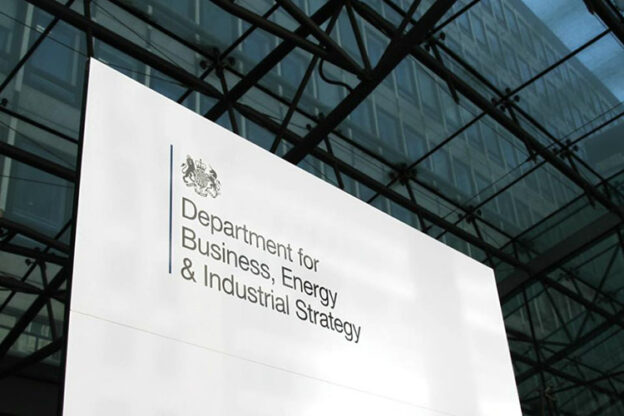
25th May 2021: Advisers will promote government advice on security-related topics, such as export controls, cyber security and protection of intellectual property.
A dedicated new team is to be established within government to offer researchers advice on how to protect their work from hostile activity, ensuring international collaboration is done safely and securely.
The new Research Collaboration Advice Team (RCAT) within the Department for Business, Energy and Industrial Strategy (BEIS) will promote government advice on security-related topics, such as export controls, cyber security and protection of intellectual property. It will ensure researchers’ work is protected, and that the UK research sector remains open and secure.
The government is committed to supporting the UK’s brilliant scientists, researchers and businesses to make the most of the enormous benefits that come from working with partners overseas. Last month we confirmed our association to the world’s largest collaborative research programme, Horizon Europe – worth around €95 billion over the next decade.
The RCAT team will help researchers make the most of their collaborations while helping them to protect themselves from those who seek to compromise the UK’s national security. Such behaviour left unchecked can leave the UK vulnerable to disruption, unfair leverage, and espionage. The threats to science and research in particular– primarily the theft, misuse or exploitation of intellectual property by hostile actors – are growing, evolving and increasingly complex.
The team will respond to requests from British universities who have identified potential risks within current projects or proposals. Advisers will also proactively approach research institutions and support them to implement advice and guidance already on offer.
Business Secretary Kwasi Kwarteng said:
Keeping the country safe is the primary responsibility of any government, and it is essential that we do everything in our power to support our brilliant scientists and researchers in pursuit of our ambition to become a global science superpower.
This new team will give universities and institutions access to the latest advice on safe collaboration with international partners and protections against those who seek to harm the UK.
Science Minister Amanda Solloway said:
The UK is home to some of the world’s leading scientists and researchers. Their vital work over the past year in response to the pandemic demonstrates how crucial it is to foster an open yet secure environment for pioneering research.
Researchers need to take precautions when collaborating internationally, and this new team will support them as we cement our status as a science superpower.
The leadership of the new team will be based in Manchester, with advisers distributed across the UK.
Today’s announcement is the latest in a series of measures being taken by the government to keep the UK safe from hostile activity. Last month, the National Security and Investment Act received royal assent, strengthening the UK’s ability to investigate and intervene in potentially hostile mergers, acquisitions and other types of deals that could threaten our national security. The UK’s screening powers have also been extended to include assets like intellectual property, as well as companies.
Last year, the government supported Universities UK (UUK) to publish guidelines for the sector on managing security-related risks within international collaboration. These followed the launch of the government-funded Trusted Research campaign in 2019 by the Centre for the Protection of National Infrastructure and National Cyber Security Centre, which helps UK universities and research institutions to make informed decisions about international collaboration and associated risks.
Professor Julia Buckingham, President, Universities UK said:
International collaboration lies at the heart of excellent research, delivers huge benefits to the UK and helps to ensure that we are recognised as a global science superpower. We have a responsibility to ensure that our collaborations are safe and secure, and our universities take these responsibilities very seriously.
Together with UUK’s guidelines on Managing Risk in Internationalisation, the work of this new team and the specialist advice and support it provides will help to ensure that the public can be confident in our research collaborations. We particularly welcome the creation of a single point of contact in government, which builds on recommendations made by Universities UK and will provide valuable insights for institutions and researchers.
Recruitment for the new team will begin this week.


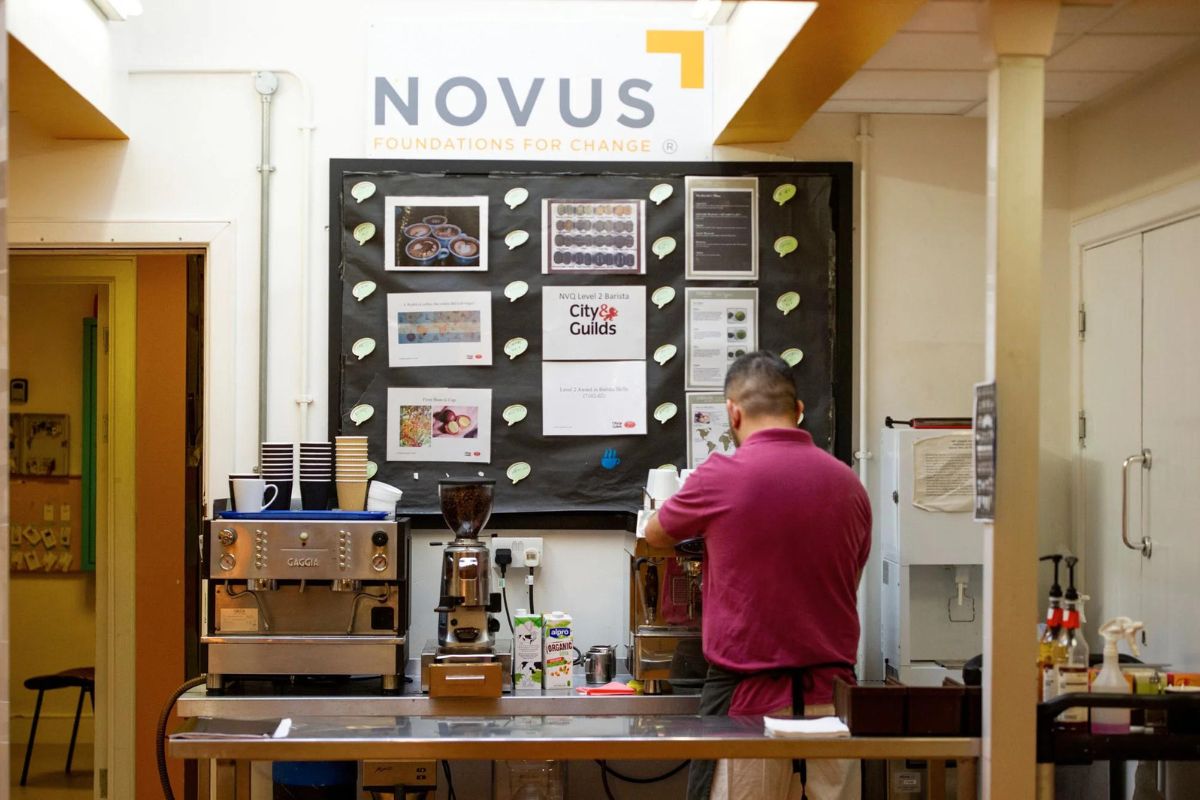
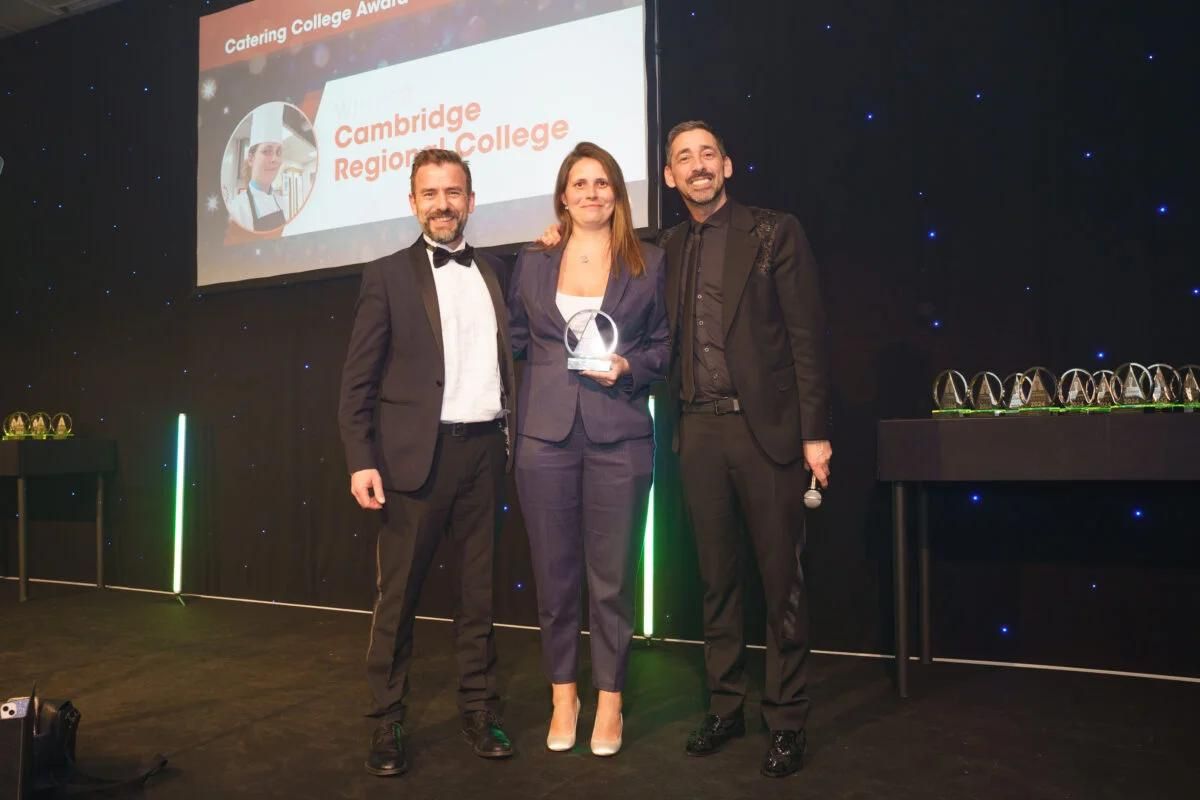


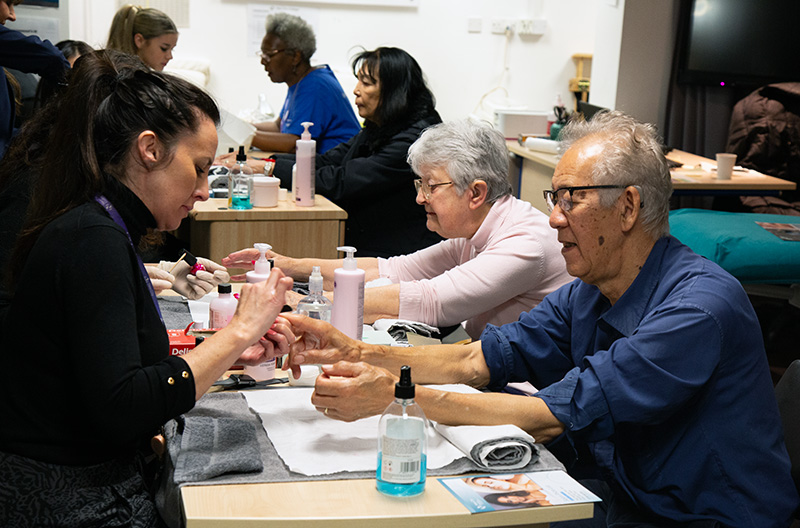



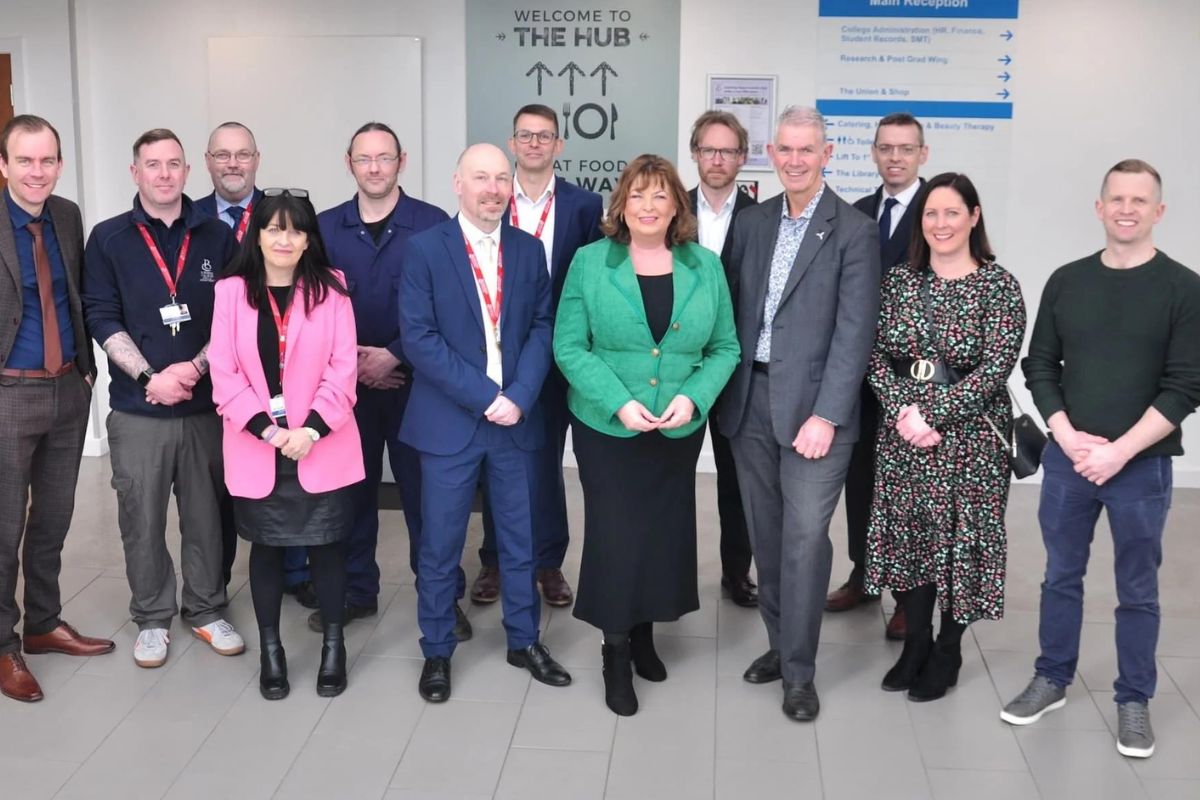
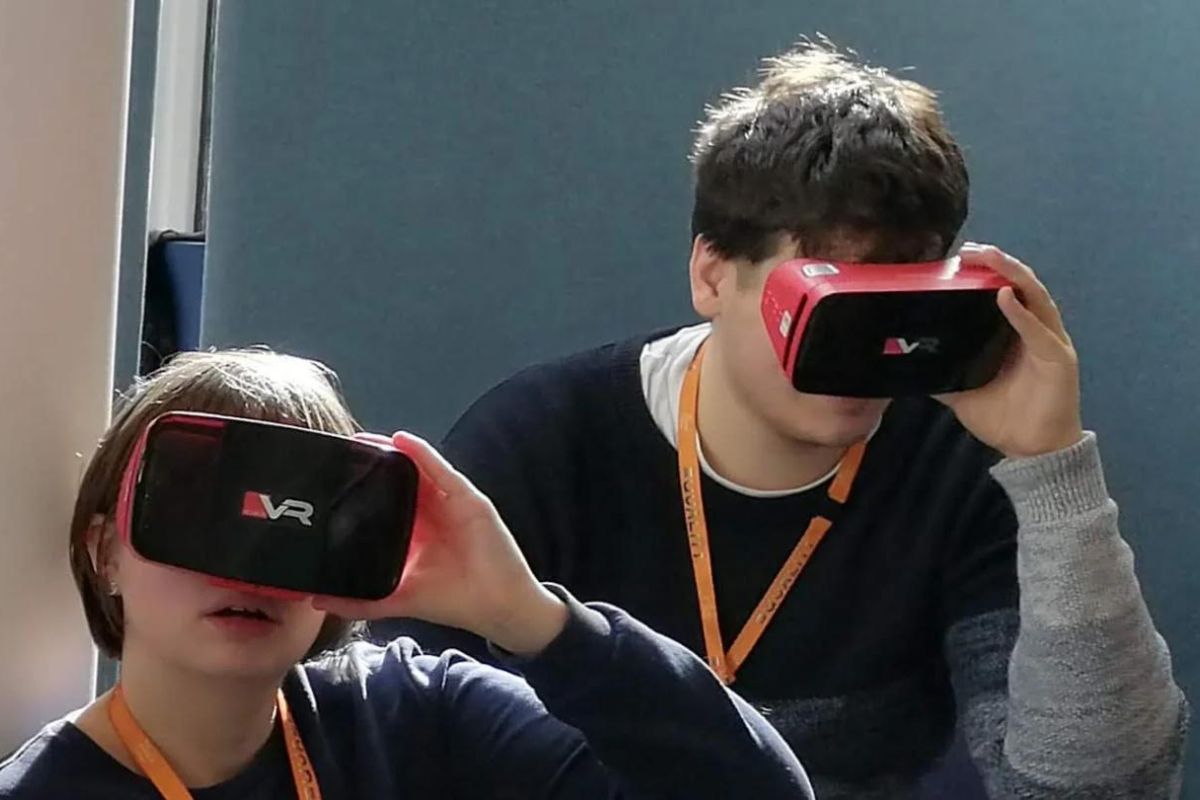
Responses